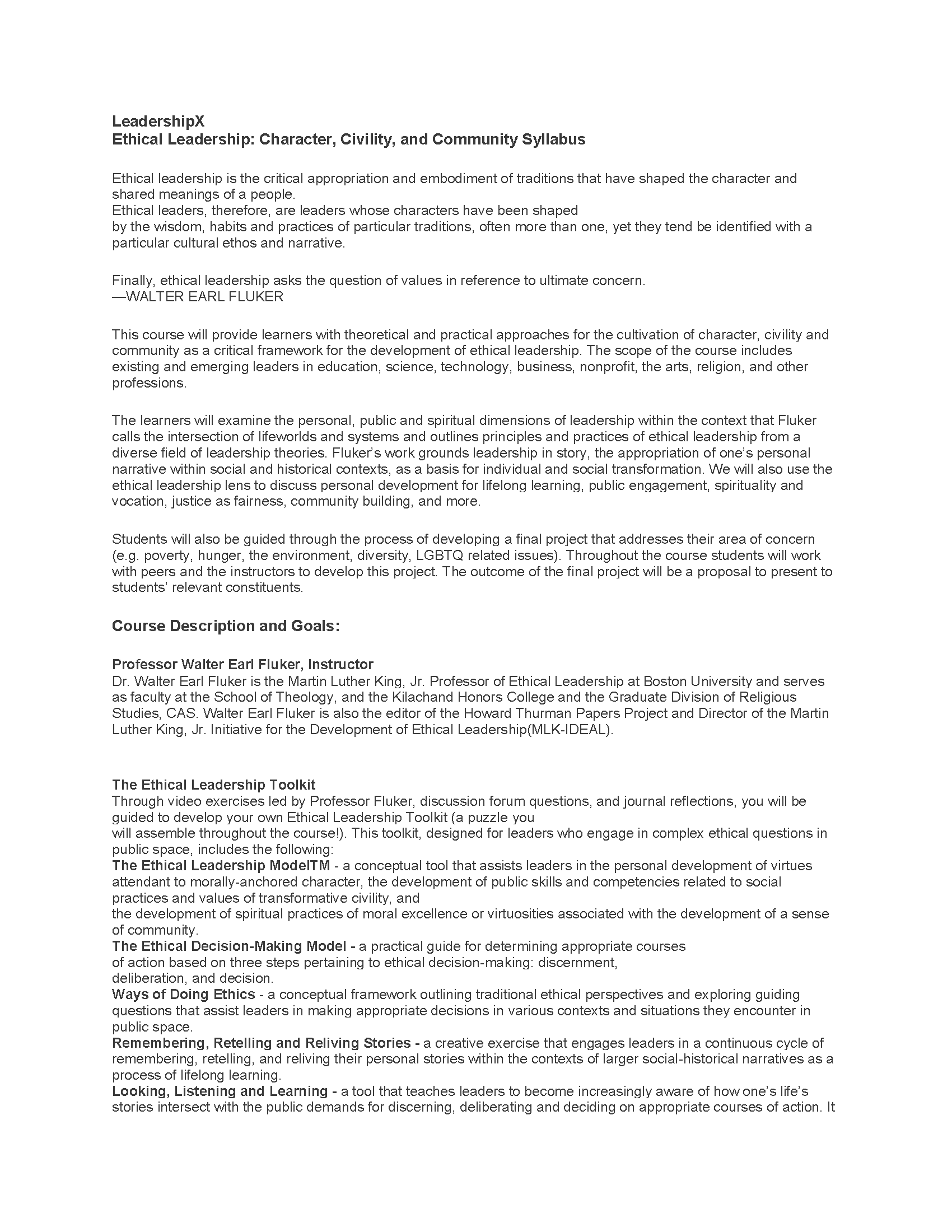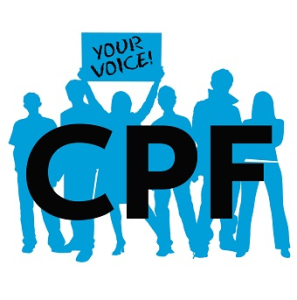Agile Leadership Principles and Practices
University System of Maryland and University of Maryland, College Park via edX
Overview
Agile can often challenge project managers in the realm of leadership. Old styles of command-control are now a thing of the past, except for the most conservative organizations. While good leaders employ a variety of leadership skills and leadership styles to motivate team members, even this is not enough. Simply setting a common goal and maintaining positive attitudes while raising your emotional intelligence will make you a better leader; but will it truly unlock your team's potential?
Instead of leadership traits, Agile leadership emphasizes facilitation and communication skills. This is teachable and much more powerful. This unique and effective leadership style challenges traditional beliefs in what leadership means.
Great leaders understand that the leader can no longer stand in the way of their team. Modern society, mindsets, and global competition demand new leadership roles, and leadership qualities all together that empower and motivate the team to new levels of productivity. Business leaders that miss this critical shift in leadership styles concede a powerful competitive advantage to the Agile leader.
In this course, you will learn how this new style of leadership redefines and redistributes team roles by:
Motivating through empowerment to gain better decisions
Facilitating the creativity and inclusivity of a high-functioning team
Identifying and managing decision making biases
Negotiating conflicts across individuals, teams, and organizations
Ensuring success through delegation and powerful constraint-based metrics.
You’ll learn to turn one internally motivated and critically thinking mind into many; and driving speed and innovation through leveraging all talents on the team.
While this course will not make you an agile certified practitioner (PMI-ACP), or certified scrum master (CSM), it offers a more fundamental agile certification based on agile principles and how agile leadership is applied in industry today. You'll finish this course more than ready to continue your agile journey, which we hope takes you to the next course in the series on Agile Process, Project, and Program Controls.
Upon successful completion of this course, learners can earn 10 Professional Development Unit (PDU) credits, which are recognized by the Project Management Institute (PMI). PDU credits are essential to those looking to maintain certification as a Project Management Professional (PMP).
Harvard University: Exercising Leadership: Foundational Principles
Mobilize people to tackle tough problems and build the capacity to thrive through the dangers of change
Syllabus
Skip Syllabus- Introduction: Get on the Balcony
- 1 Identify the Work to Be Done
- 2 Lead With, Beyond, and Without Authority
- 3.1 Take Action: Think Politically
- 3.2 Take Action: Build Trust
- 3.3 Take Action: Orchestrate Conflict
- 4 Anchor Yourself
- Conclusion: Staying Alive
- HarvardX's Leadership and Communication
Improve your leadership communication style.
What you will learn
- How to build and renew trusting relationships by following principles of leadership development and effective communication techniques.
- How to implement personal strategies for leadership development to survive and thrive amidst change.
- How effective communication can lead to communal and societal good.
- How to understand the role of formal and informal authority and maintain effective interpersonal communication skills in both.
- When and how to employ a variety of communication styles in writing and speaking.
- How to craft compelling presentations and persuade an audience.
Boston University: Ethical Leadership: Character, Civility, and Community.
Explore theoretical and practical elements of ethical leadership with emphasis on leaders’ personal narratives within social and historical contexts.
What you'll learn
Skip What you'll learn- Ethical leadership principles and practices utilizing the Ethical Leadership Model™.
- Narrative and dramaturgical methods in the development of character, civility and community as ethical leadership practices.
- A conceptual model for negotiating ethical decision-making at the intersection of life-worlds and system worlds.
- Various theories and methods of ethical analysis in leadership practices.
- Personal core values that present themselves in “defining moments that ask leaders to choose between competing values and ideals in which we intensely believe."
- An Ethical Toolkit for Leaders that can be applied in each student’s leadership context as a life-long practice.
Harvard University: Leadership: Creating Public Value
In Leadership: Creating Public Value, learn how to face and meet today’s challenges and design a public value proposition that is both actionable and value creating.
About this course
Skip About this courseAre you ready to take up the challenge of public leadership?
The world in which each of us–and all of us–now live is full of pressing problems and future risks. But it is also full of hope, aspiration, and opportunity. In Leadership: Creating Public Value, you will learn how to face and meet today’s challenges and design a public value proposition that is both actionable and value creating.
Within the course, you will use an integrated analytic framework to help you understand concrete problems or opportunities for collective action. This framework focuses on the three key elements of producing a publicly valued result: understanding the specific conditions you hope to improve; designing and developing the necessary operational capacities; and securing the public support and financial resources required to launch and sustain your effort at the desired scope and scale.
Through case studies, you will see real public leaders seeking to challenge the status quo. You will be asked to reflect on their thought and action using the analytical frameworks and concepts developed and applied throughout the course. By the end of the course, you will understand how to create long-term public value by envisioning and enacting a better, more just, future for us all.


Boston College
Ethical Leadership: Character, Civility, and Community
This course will provide learners with theoretical and practical approaches for the cultivation of character, civility and
community as a critical framework for the development of ethical leadership. The scope of the course includes
existing and emerging leaders in education, science, technology, business, nonprofit, the arts, religion, and other
professions.
The learners will examine the personal, public and spiritual dimensions of leadership within the context that Fluker
calls the intersection of lifeworlds and systems and outlines principles and practices of ethical leadership from a
diverse field of leadership theories. Fluker’s work grounds leadership in story, the appropriation of one’s personal
narrative within social and historical contexts, as a basis for individual and social transformation. We will also use the
ethical leadership lens to discuss personal development for lifelong learning, public engagement, spirituality and
vocation, justice as fairness, community building, and more.

Advancing the Scholarship and Practice of Leadership Education
JOLE engages scholars and practitioners who advance leadership education and development. Scholar-practitioners represent various fields to include Education, Training and Development, and Corporate Education. To provide an evidence-based environment for discussion and promotion of new and best practices, all JOLE manuscripts are grounded in Leadership Theory. The journal serves as a forum to share teaching and learning advancements, research innovations, and applications.
JOLE provides opportunities for evolving discourse, and engagement about the discipline of leadership education. The journal serves as a forum to share teaching and learning advancements, and research innovation & application.
Dozens of Abstracts on Leadership and communications.


40 minute TEDx talk
Liz Holland, Elizabeth I. Holland is the Chief Executive Officer of Abbell Associates based in Chicago, a seventy-year old private real estate investment, development and Management Company with an approximately 3.5 million/sf portfolio, comprised of shopping center, office, and enclosed mall properties. Ms. Holland is active in the International Council of Shopping Centers, serving as the Vice Chairman (2015-2016) and a member of the Executive Board and Board of Trustees.




The Power of Citizen Leadership is a 26 minute-long documentary awarded at Hollywood International Independent Documentary Awards in October 2016 (Best short foreign) developed by filmmaker Flore Dussey in July 2016 in the state of Montana in the United States with the support of Hopa Mountain.


